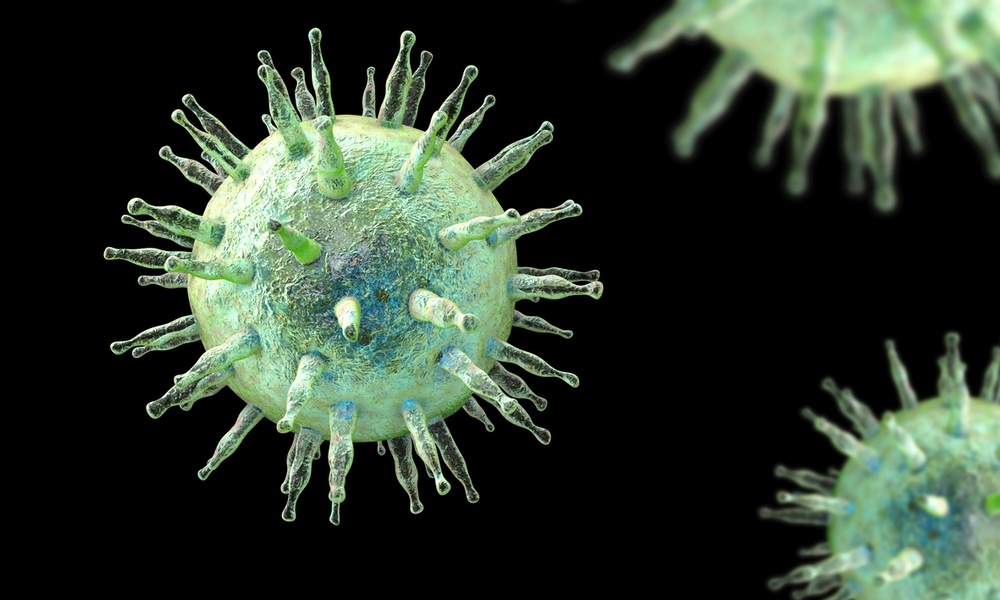Also called colonics, colonic irrigation or colonic hydrotherapy, colon cleanses are often touted as a "natural" way to boost health by removing toxins from the colon. But they can pose serious – even fatal – health risks, according to a new study that reviewed existing literature on the subject.
Colon cleanses, which can be done at home or in a spa, generally involve a combination of chemicals accompanied by a flush of water, which is administered by inserting a tube into the rectum. Cleanses may include teas, powders, laxatives, and a variety of herbs and other compounds.
Only a high school diploma and some training are required to be considered a 'colon hygienist.' What’s more, the colon cleanse products are not approved by the FDA for nonmedical use.
The authors of the current study reviewed 20 past studies that looked at the effects of colon cleanses, and found some disturbing results. Not only were colon cleanses not associated with any measurable health benefits, but according to the press release, they were linked to bloating, cramping, nausea, vomiting, pelvic abscesses, bowel perforation, pancreatitis, electrolyte imbalance, water intoxication, renal failure, liver toxicity, and death.
According to the study’s press release, organizations like the National Board for Colon Hydrotherapy and others require minimal credentials – only a high school diploma and some training – to be considered a "colon hygienist." What’s more, the colon cleanse products are not approved by the FDA for nonmedical use, and the organization has written many letters of warning to the product manufacturers.
The bottom line is that the body is generally very good at getting rid of toxins on its own, and should not need an additional "cleanse" to detoxify the colon.
What’s a better way to stay healthy? The tried and true, says Mishori: "Eat a balanced diet, exercise regularly, get six to eight hours of sleep and see a doctor regularly." Adding a little extra fiber to your diet is also not a bad idea, since it’s been shown to boost colon health and reduce the risk for colon cancer. If you have any questions or concerns about your colon health, it’s a good idea to talk to your doctor.
Ranit Mishori is a researcher at Georgetown University, and published her study in the August 2011 issue of The Journal of Family Practice.




